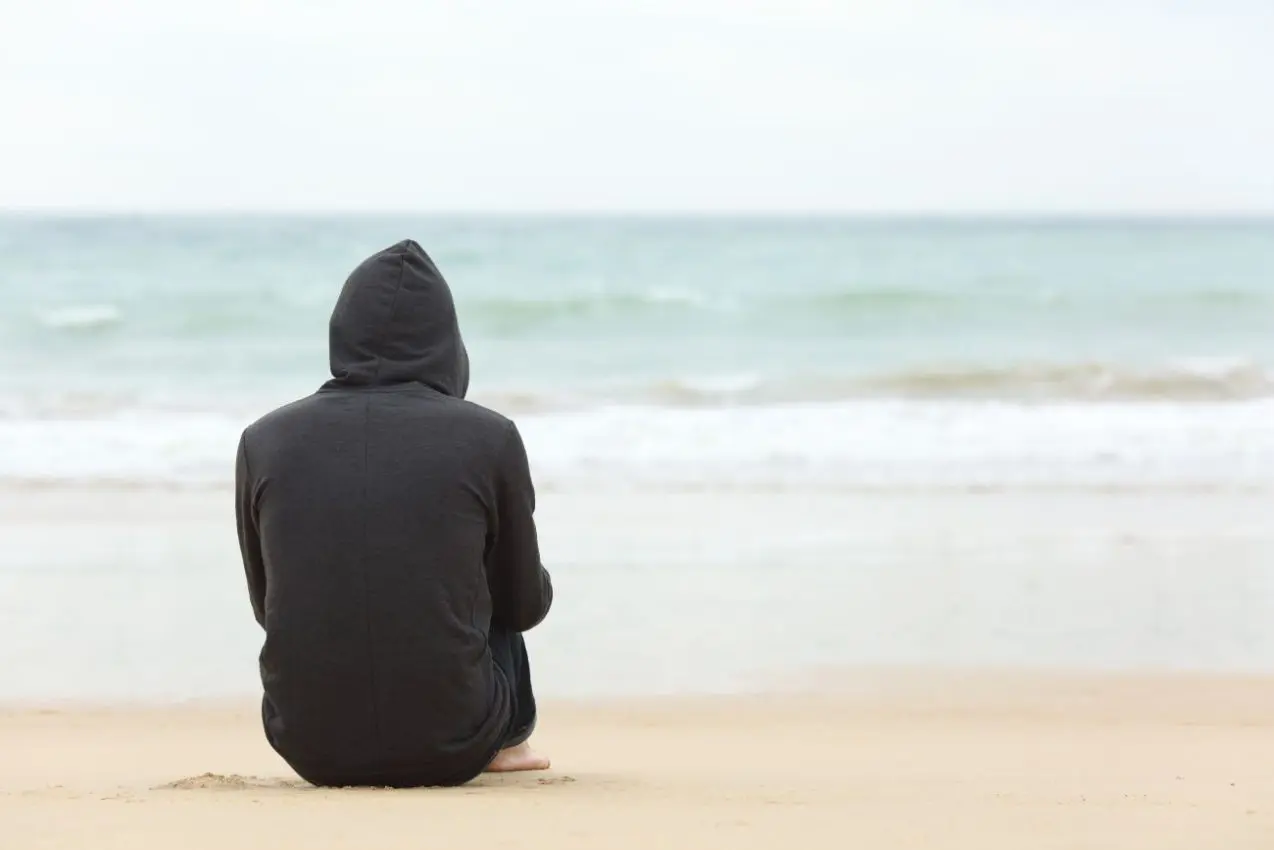How do boys act when they are depressed? While concerns over teenage girls' mental well-being have rightly captured attention, a largely overlooked issue lurks - the high rates of depression and anxiety impacting adolescent boys. Experts warn this segment is grappling with serious psychological distress that frequently goes unnoticed due to how depression manifests differently in young men. The consequences of this blind spot could prove dire.
The crux of the problem? Depression in teenage boys often doesn't fit society's preconceived notions. Instead of sadness and melancholy, the telltale signs are externalizing behaviors like irritability, aggression, and acting out. Symptoms easily written off as "typical teenage moodiness" rather than indicators of an underlying mental health struggle.
"We have this very classic understanding of depression as being sad, tearful, crying more," explains Dr. Lauren Teverbaugh, a pediatric psychiatrist at Tulane University. "That's just not how it looks for a lot of young boys."
This tendency to disregard the disguised signs of male adolescent depression appears to have worsened during the Covid-19 pandemic. A recent study published in Pediatrics found antidepressant prescriptions for teen girls and young women spiked as expected given the mental health strains of lockdowns and isolation. However, the data revealed an abrupt, persistent decline in such medications dispensed to adolescent boys and young men.
"Boys are disappearing," remarked Dr. Kao-Ping Chua, the University of Michigan pediatrician who led the research, suggesting something caused young males to disengage from the healthcare system altogether. "They didn't go to their doctors. They skipped physicals."
The potential drivers behind this gender gap are multifaceted. On one side are the misconceptions around how depression presents in boys, leaving typical symptoms like irritability and acting out undetected or dismissed as "just being a teenager." Societal attitudes that discourage young men from expressing vulnerability or asking for help create another barrier.
Compounding the issue is that many referrals for boys' mental health treatment stem from reports by teachers, coaches, and other third parties outside the home who witness behavioral issues firsthand. With schools going remote and extracurriculars canceled during lockdowns, a key watchdog system was disrupted.
"We're often not seeing [boys] in the office, because it's just not being picked up as much in the community," Teverbaugh said of how the pandemic impacted access points.
The implications are troubling. Depression in adolescence, regardless of outward presentation, raises risks for substance abuse, academic disengagement, self-harm, and suicide attempts if left unaddressed. And delayed or forgone treatment means a higher likelihood of chronic, persistent depression trailing into adulthood.
"None of our young people are doing well in terms of their mental health," warns Dr. Willough Jenkins, a child psychiatrist at Rady Children's Hospital in San Diego. "Both boys and girls are struggling."
So what can be done to bridge this divide and ensure struggling young men receive the care they need? Part of the solution, experts say, is reframing how depression manifests across genders and educating parents, teachers, pediatricians and even mental health professionals.
"There's a myth that teenagers are supposed to be irritable, that they're supposed to be cranky," Jenkins notes. "I think too many parents have heard that and think it's normal behavior, when it's really indicating that there could be a struggle."
Recognizing that "anger caused by sadness," as 18-year-old Noah Power puts it, may be rooted in depression is critical. The Yukon resident's mental health issues started with physical symptoms like headaches and chest tightness around age 12 before escalating to uncontrollable anger and aggression he now understands were flag for underlying psychological distress.
Power credits open conversations with empathetic parents and caregivers as key to helping depressed or anxious boys feel heard and access support, even when they struggle to articulate their emotions verbally.
"What we really, really appreciate is the listening and being able to just vent," he says. "Just getting it all out is a huge relief."
Teverbaugh also encourages parents to be attuned to subtle cries for connection that may manifest through shared interests or activities.
"They may not use emotional language like 'I feel sad,' but when they're playing video games together or on the basketball court goofing around, that's engagement. That's social interaction. That's them being able to feel connected."
Ultimately, increasing awareness that young males can experience depression very differently is crucial. As is ensuring they feel empowered to express their inner struggles, whatever form they take, without stigma or judgment.
Depression doesn't discriminate. It simply copes a better disguise for some. Removing that mask is the first step toward providing all youth with the mental health support they deserve.

 Trump has begun another trade war. Here's a timeline of how we got here
Trump has begun another trade war. Here's a timeline of how we got here
 Canada's leader laments lost friendship with US in town that sheltered stranded Americans after 9/11
Canada's leader laments lost friendship with US in town that sheltered stranded Americans after 9/11
 Chinese EV giant BYD's fourth-quarter profit leaps 73%
Chinese EV giant BYD's fourth-quarter profit leaps 73%
 You're an American in another land? Prepare to talk about the why and how of Trump 2.0
You're an American in another land? Prepare to talk about the why and how of Trump 2.0
 Chalk talk: Star power, top teams and No. 5 seeds headline the women's March Madness Sweet 16
Chalk talk: Star power, top teams and No. 5 seeds headline the women's March Madness Sweet 16
 Purdue returns to Sweet 16 with 76-62 win over McNeese in March Madness
Purdue returns to Sweet 16 with 76-62 win over McNeese in March Madness








